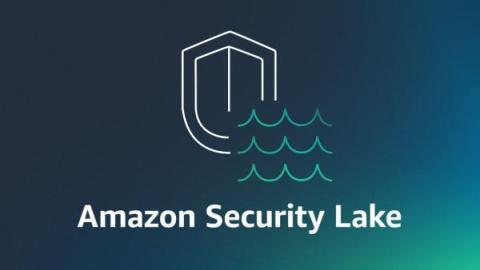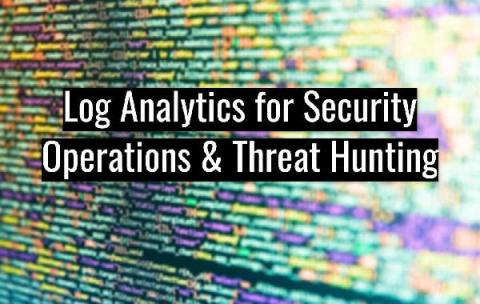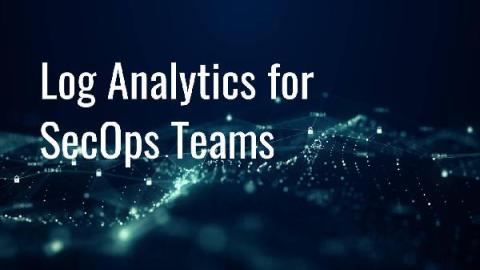Understanding Amazon Security Lake: Enhancing Data Security in the Cloud
This year, Amazon Web Services (AWS), a leading cloud services provider, announced a comprehensive security solution called Amazon Security Lake. In this blog post, we will explore what Amazon Security Lake is, how it works, the benefits for organizations, and partners you can leverage alongside it to enhance security analytics and quickly respond to security events. Image source: Amazon.











